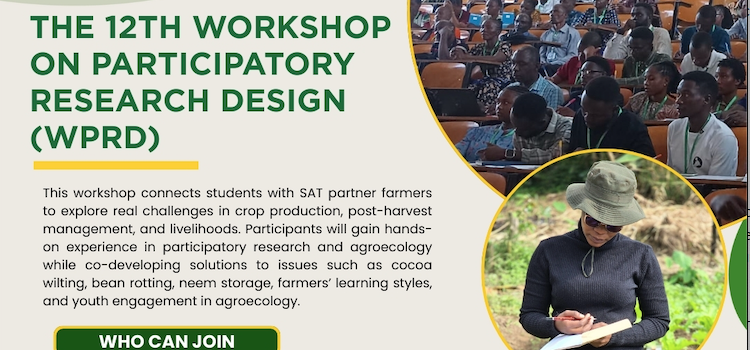A BACKYARD KITCHEN GARDEN CAN CHANGE YOUR LIFE!
.jpg)
Meet Roza Moina, a 40-year-old married woman, who has found success in organic farming prior to joining the farmers' group in 2020. In Chamwino district, Roza lives with her five children in Nzali village, Roza has relied on buying veggies from local markets as her family's primary source of nutrition for many years. This has been difficult because she is spending the majority of her savings on these vegetables, which are not nutritious because of the manner they are produced. She realized that her children needed a healthier diet and more nutritional support and conventional farming was not doing it. So, she joined the Wilunze Farmers group, which is under the "Dodoma’s Women in Agriculture and Business Initiatives" project (DWABI).

Roza was reliant on this way of living because she had no knowledge about organic farming or how to start a kitchen garden. Roza has always been interested in farming and small business. During the harvest season of 2020, she harvested 25 sacks of sunflower. As a result, it was difficult for her to increase her income and save money. She spent more money on basic household needs and ended up with very little savings.
So when she joined the group, Roza received training on organic agriculture production of seasonal crops and establishment of kitchen gardens, entrepreneurship, and savings and lending. In 2021 Roza increased her yield after harvesting 10 sacks of groundnuts and 30 sacks of sunflower in a 5-acre land. The sales of groundnuts and sunflowers netted her 2,280,000 Tshs, this is due to the organic agricultural skills she gained from the training. Roza fully embraced these organic agricultural methods, which allowed her to improve productivity, provide healthier food, and raise her revenue due to the market's premium prices. She plans to harvest significantly more this year than the previous seasons, but illness is one of the challenges that result in lower yields.

As part of her training, Roza started a kitchen garden at home. It started out as a way for her to provide healthier vegetables to her family while also lowering the amount of money she spent on them. She later realized that it had the potential to be a life-changing enterprise. She began growing amaranths, spinach, Chinese, and sweet potato leaves. The kitchen garden has provided a new source of income while also reducing the cost of purchasing vegetables, allowing her to save more money and improve the health of her children and herself.
Roza joined the farmer group's saving and lending platforms as part of her training, and she has saved up to 160,000 Tshs. She uses the loan she receives from the group to invest in her small businesses. Roza manages a small restaurant and sells vegetables grown in her kitchen garden as well as those grown by the other farmers in her cooperative. From January through July, Roza's local restaurant and vegetable business generated 1,400,000 Tshs in sales.

Roza is one of the DWABI Project's beneficiaries. She says, "Organic agriculture and the kitchen garden have completely transformed how my family and I live. We live in arid climates, so finding fresh produce is difficult and expensive. But now that I've had this instruction, I'm able to feed myself and my family ".
DWABI Project is kindly supported by Australian Development Agency and ICEP




.jpg)



